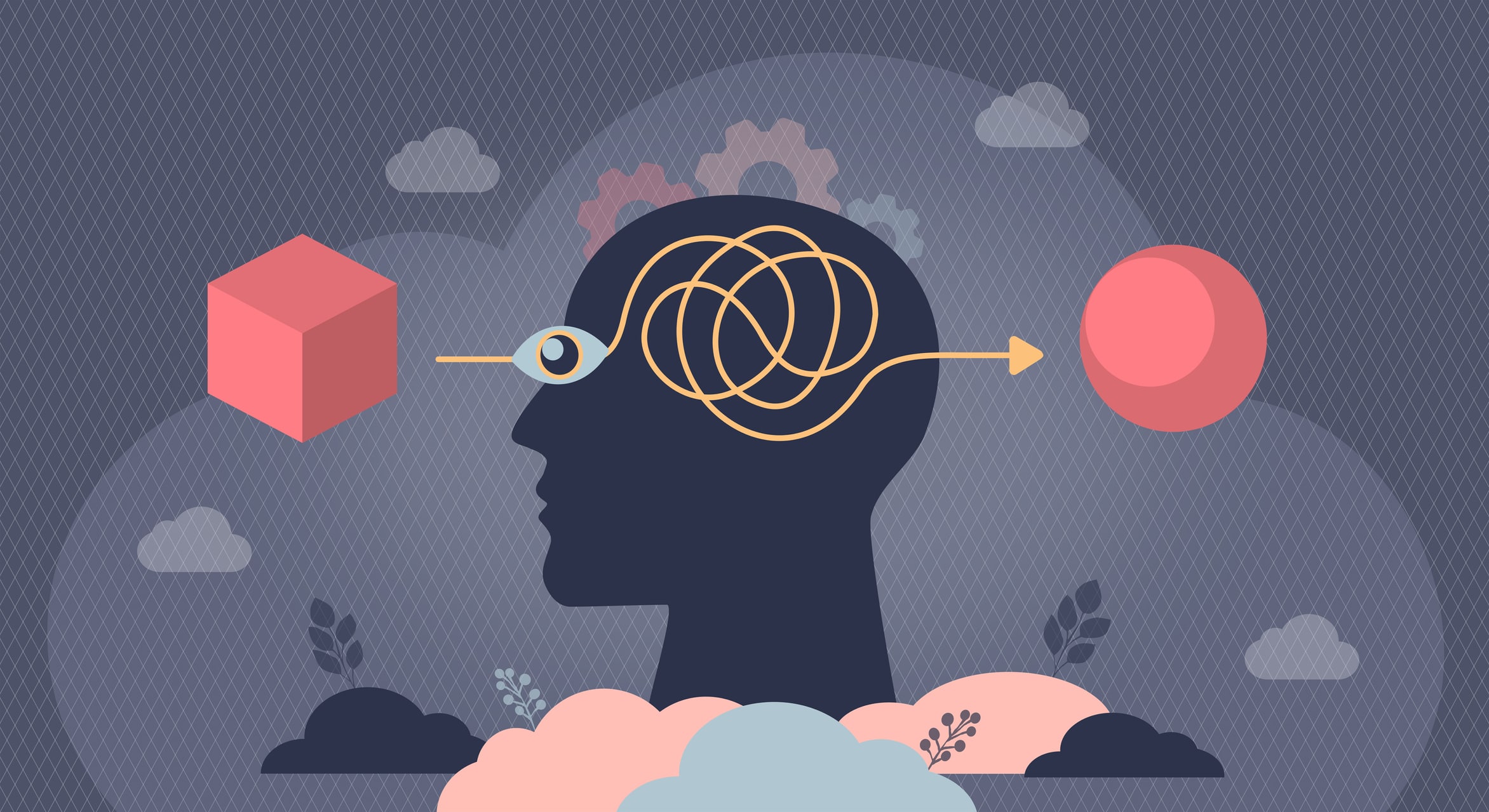Good health is not merely the absence of disease but a holistic state of physical, mental, and social well-being. A healthy lifestyle is the cornerstone of maintaining optimal health and preventing various chronic diseases. Here, we explore essential positive lifestyle factors that can significantly promote good health.
Balanced Diet
- Nutritional Intake: Eating a balanced diet is crucial for good health. A diet rich in fruits, vegetables, lean proteins, and whole grains provides the necessary nutrients that the body needs to function effectively. These foods are packed with essential vitamins, minerals, antioxidants, and fibres that aid in maintaining healthy body weight, improving gut health, and reducing the risk of chronic diseases such as diabetes, heart disease, and cancer.
- Hydration: Proper hydration is vital. Water is essential for nearly every function in the body, including digestion, absorption, circulation, and temperature regulation. Drinking adequate water daily can improve skin health, boost energy levels, and enhance cognitive function.
Regular Physical Activity
- Exercise Benefits: Regular physical activity is one of the most important things you can do for your health. It can help control your weight, reduce your risk of heart disease, strengthen bones and muscles, and improve your mental health and mood. Adults should aim for at least 150 minutes of moderate-intensity aerobic activity or 75 minutes of vigorous activity each week, along with muscle-strengthening activities on two or more days per week.
- Incorporation in Daily Life: Incorporate physical activity into your daily routine. This can include walking or biking to work, taking stairs instead of elevators, and engaging in active hobbies like gardening or dancing.
Adequate Sleep
- Sleep Hygiene: Sleep plays a critical role in good health and well-being throughout your life. Getting enough quality sleep at the right times can help protect your mental health, physical health, quality of life, and safety. The sleep environment should be conducive to rest, which includes a comfortable mattress and pillows, a cool room temperature, and minimal noise and light.
- Routine: Establish a regular sleep schedule by going to bed and waking up at the same time every day, even on weekends. This helps regulate your body’s clock and can help you fall asleep and stay asleep for the night.
Stress Management
- Techniques: Effective stress management is crucial in promoting good health. Chronic stress can have various negative health impacts, from hypertension to depression. Techniques such as mindfulness meditation, deep breathing exercises, and yoga can help reduce stress. Regular physical activity and maintaining social connections can also help manage stress levels.
- Professional Help: If stress becomes overwhelming, seeking professional help can be beneficial. Therapists can provide strategies to manage stress effectively, tailored to individual needs.
Positive Social Connections
- Community Interaction: Humans are social creatures, and having strong, positive interactions with others can affect our mental and physical health profoundly. Maintaining close relationships and social networks can offer emotional support, reduce mental stress, and promote a sense of belonging and security.
- Active Engagement: Actively engage in community activities or social groups that align with your interests. This engagement can lead to a healthier, happier life and foster a sense of community.
These positive lifestyle factors contribute significantly to overall good health. By integrating balanced nutrition, regular physical activity, adequate sleep, effective stress management, and positive social interactions into your life, you can enjoy a higher quality of life and reduce the risk of many diseases. Each factor supports the others, creating a holistic approach to living a healthier, more fulfilling life.





